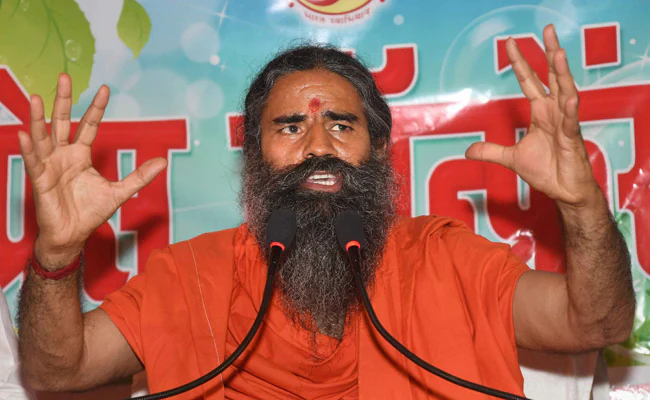

In a significant legal development, the Supreme Court has upheld the ruling of an appellate tribunal, affirming that the Patanjali Yogpeeth Trust, associated with renowned Yoga guru Ramdev and his aide Acharya Balkrishna, is liable to pay service tax for conducting Yoga camps. The decision marks a setback for the trust, which had been contesting the imposition of service tax on entry fees charged for both residential and non-residential Yoga camps.
A bench comprising Justices Abhay S Oka and Ujjal Bhuyan dismissed the Trust’s appeal, upholding the appellate tribunal’s decision. The tribunal had categorically ruled that Yoga camps organized by the Patanjali Yogpeeth Trust, where participants were charged a fee, constituted a “health and fitness service” subject to service tax. The Supreme Court concurred with this assessment, affirming the tribunal’s findings.
The appellate tribunal observed that the Trust, through its Yoga camps, offered instruction in Yoga and Meditation to participants, for which a fee was collected under the guise of donations. It emphasized that while the Trust claimed to provide services aimed at curing ailments, there was insufficient evidence to support this assertion. Moreover, the tribunal noted that the Yoga instructions were imparted collectively to all participants, without individualized diagnosis or treatment.
Highlighting the manner in which fees were collected, the tribunal noted that the Trust issued entry tickets of varying denominations, granting privileges corresponding to the ticket’s value. Participants were granted access to the camps, where instructions by Swami Baba Ramdev were provided, in exchange for these entry fees. The tribunal deemed this practice as disguising entry fees under the guise of donations, thereby affirming the liability for service tax.
The Supreme Court’s decision reaffirms the taxation authorities’ position regarding the classification of Yoga camps organized by the Trust as taxable services falling under the category of “health and fitness service.” Despite the Trust’s contention that its services aimed at curing ailments should be exempt, the tribunal’s scrutiny found no basis for such an exemption, ultimately upholding the imposition of service tax.